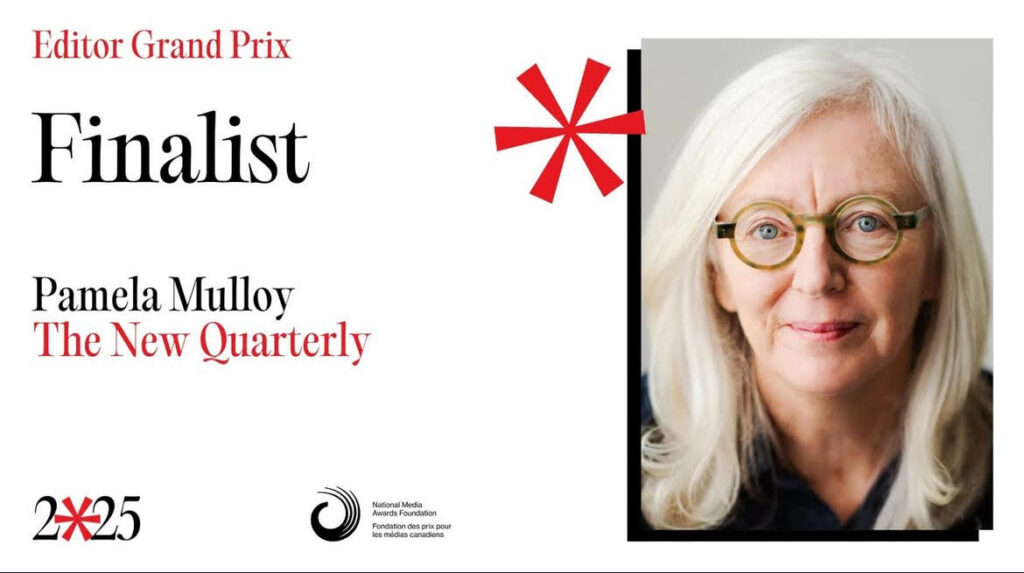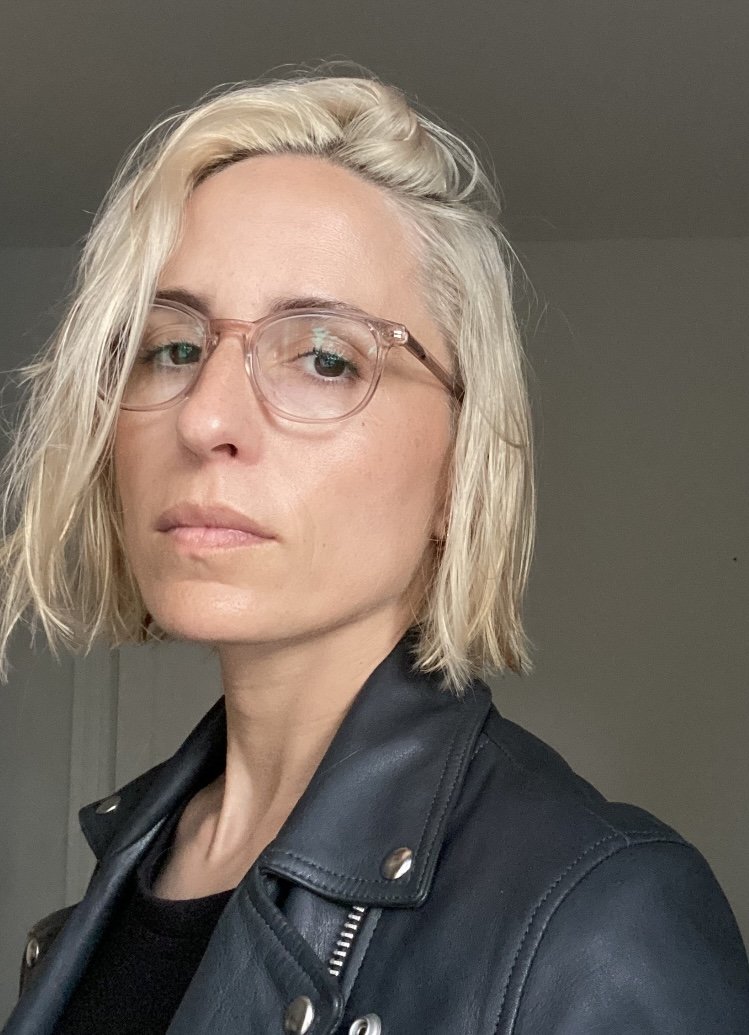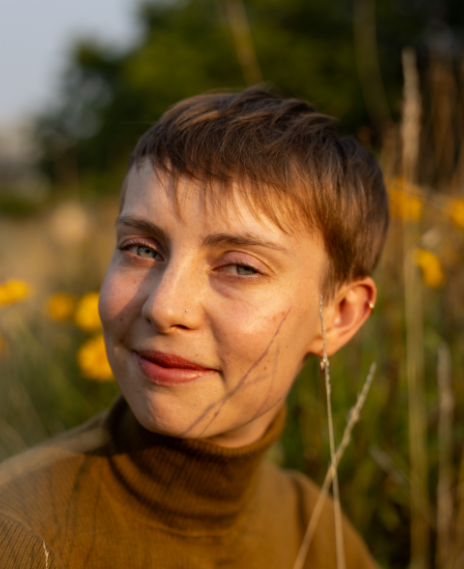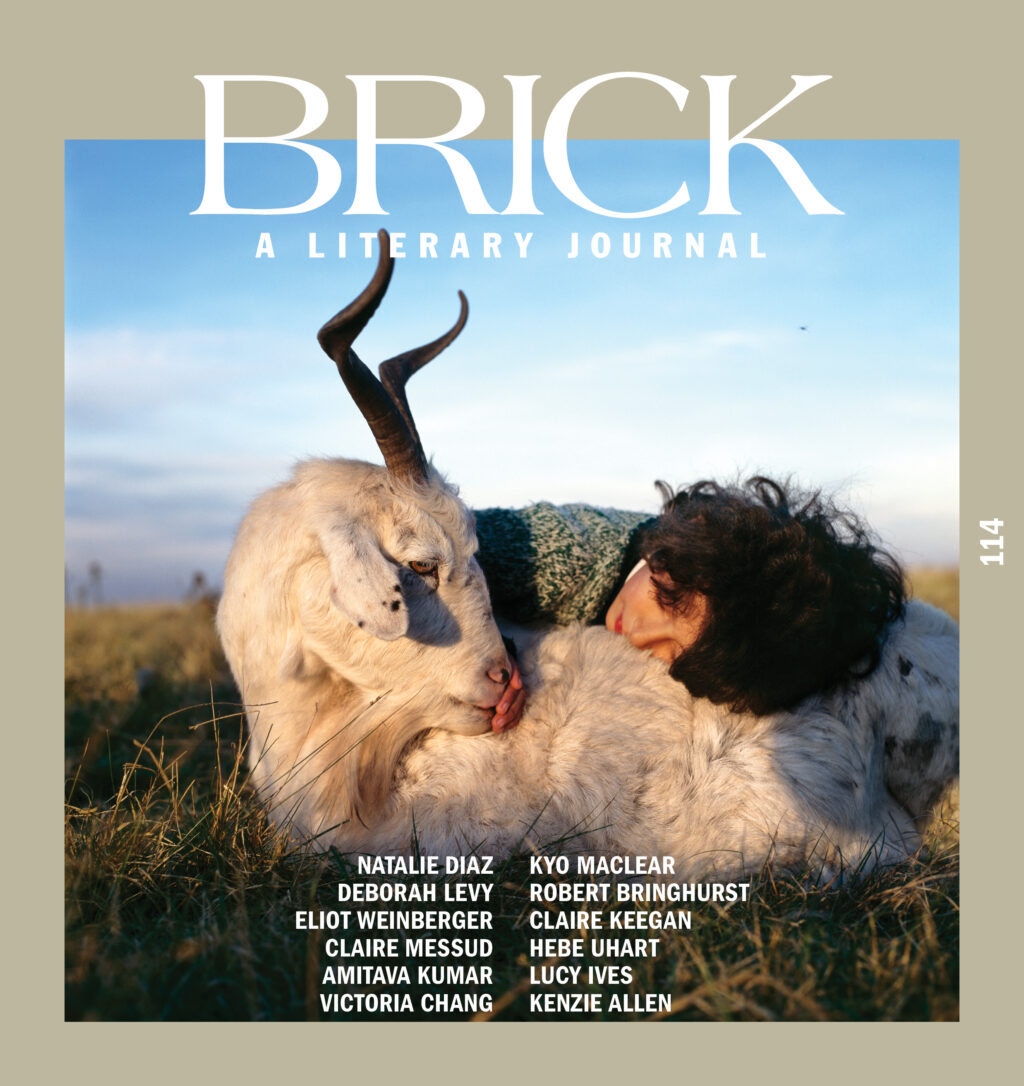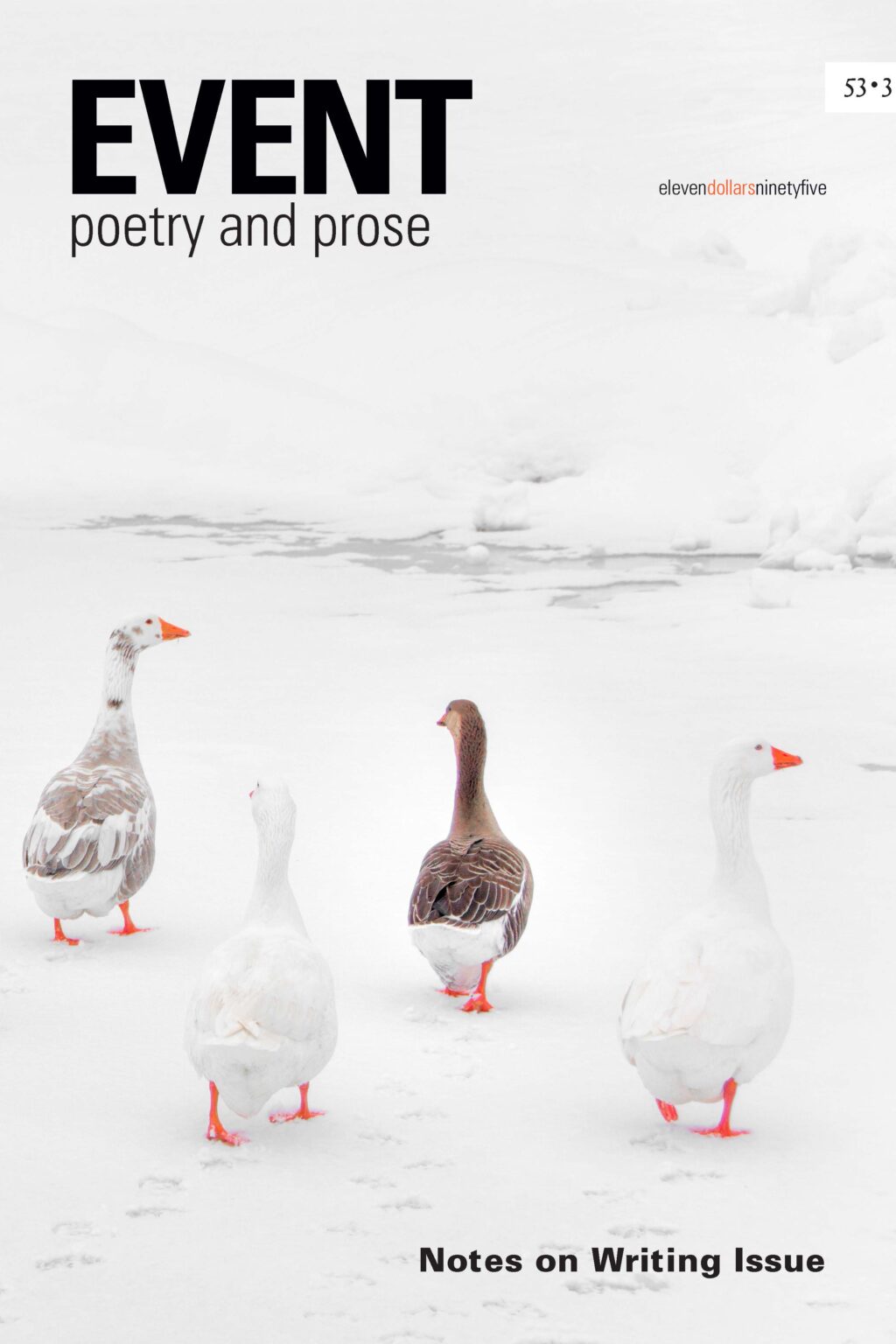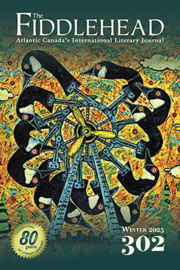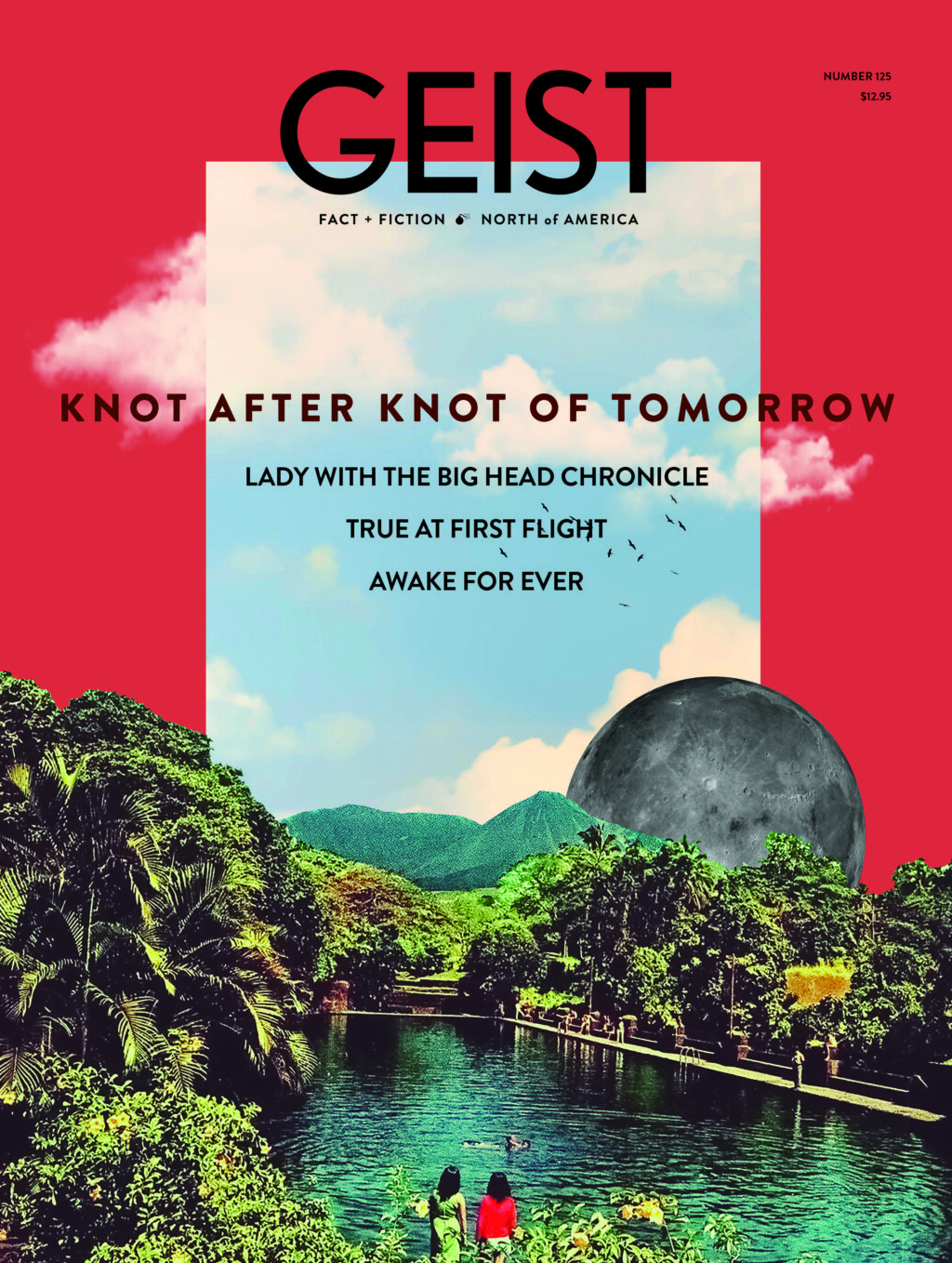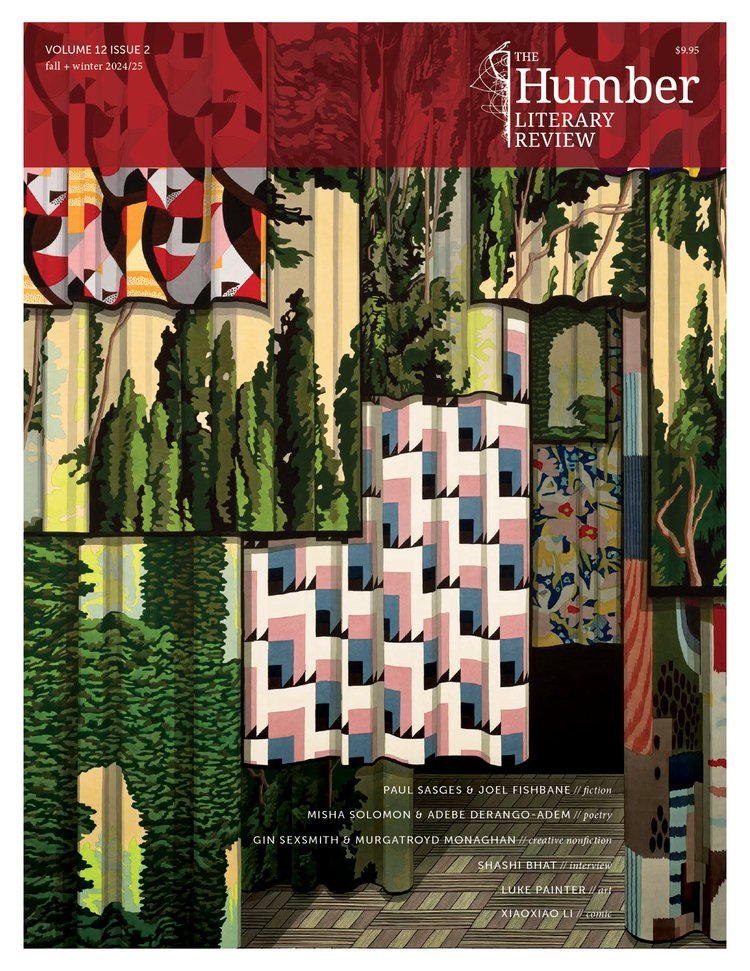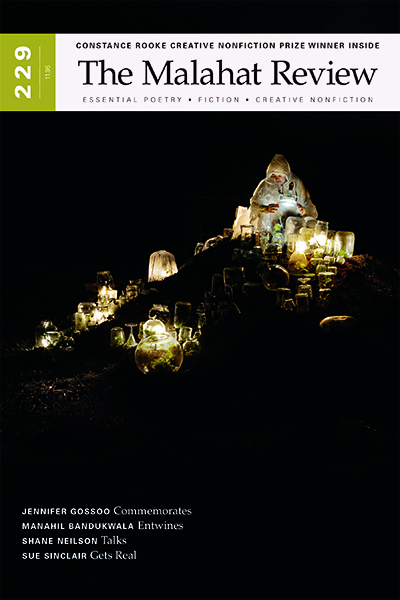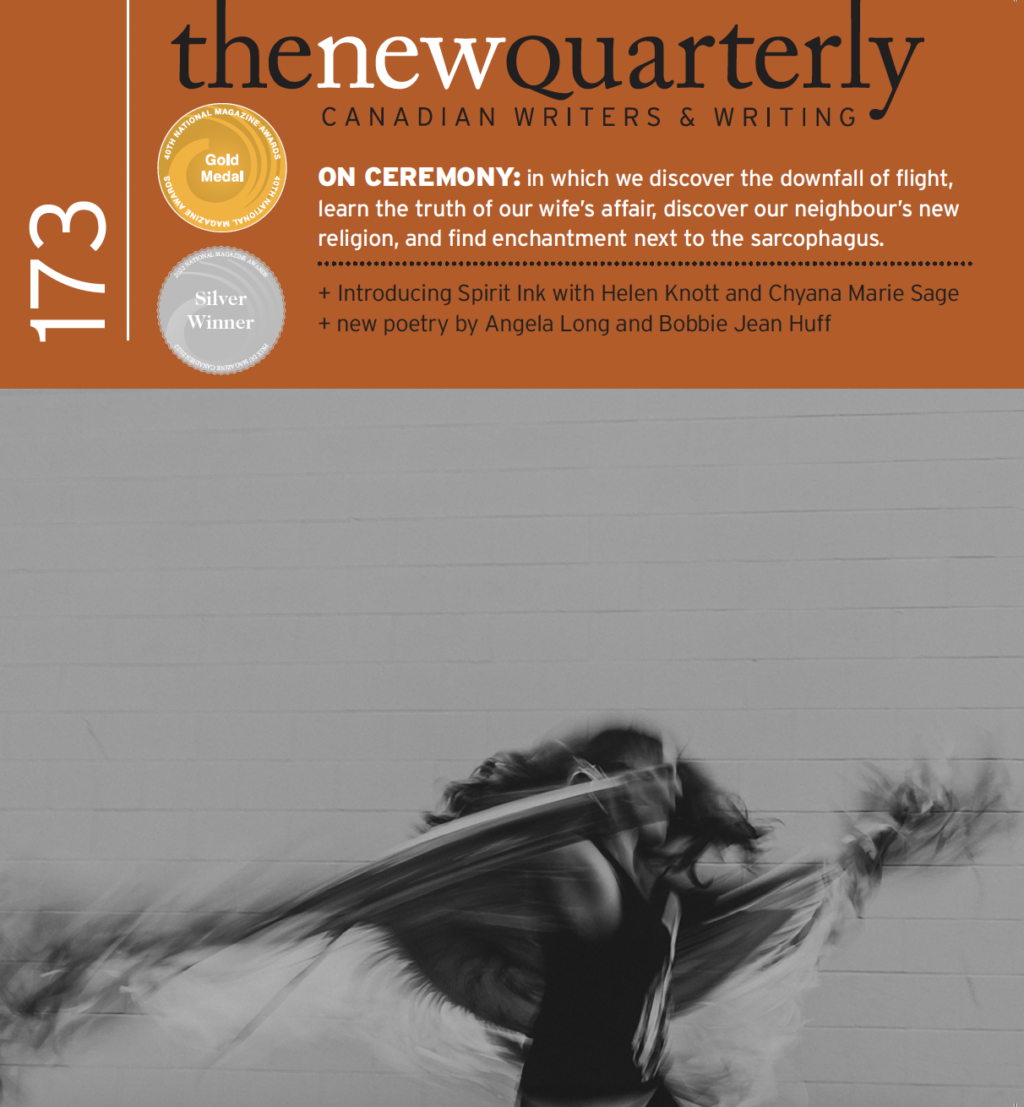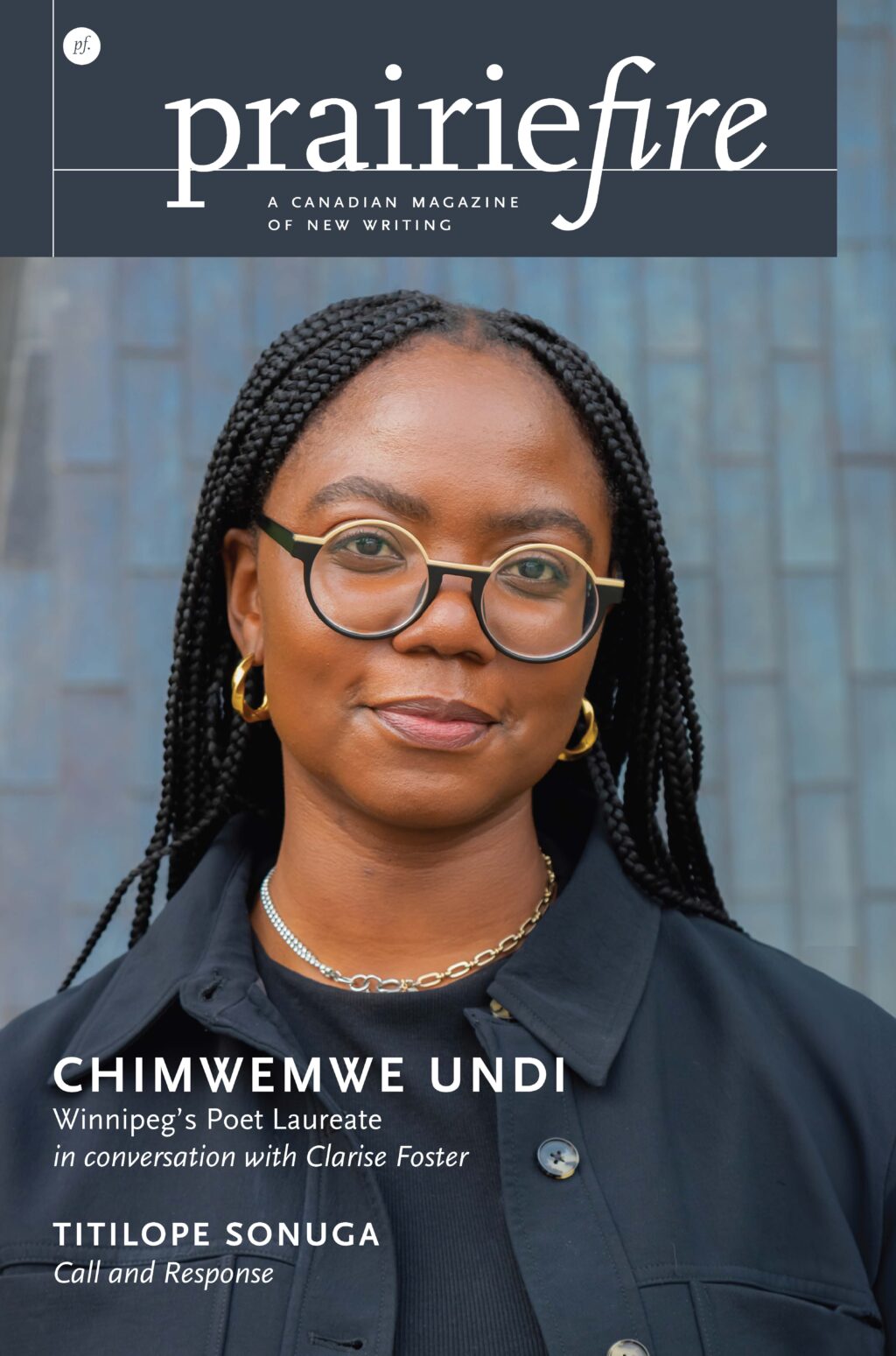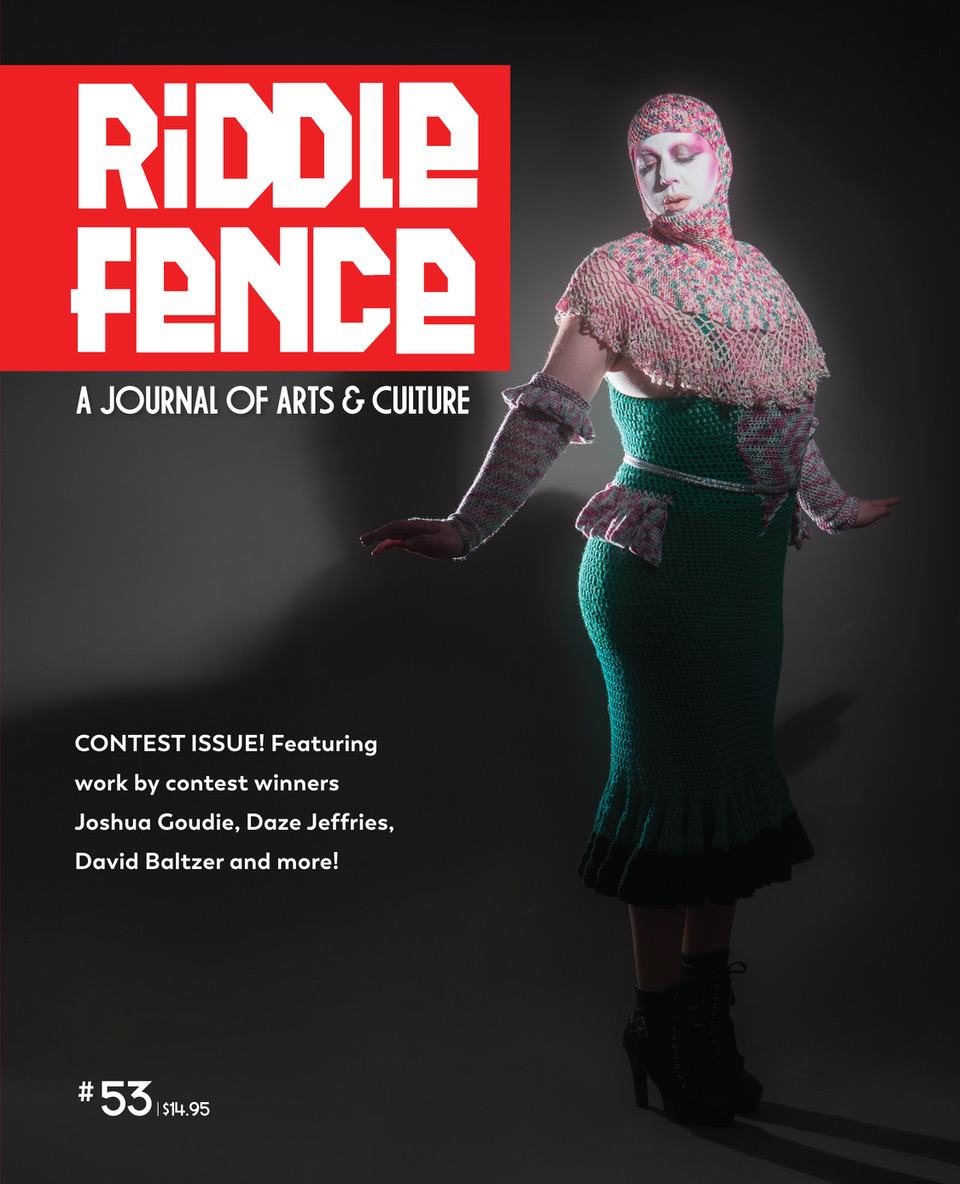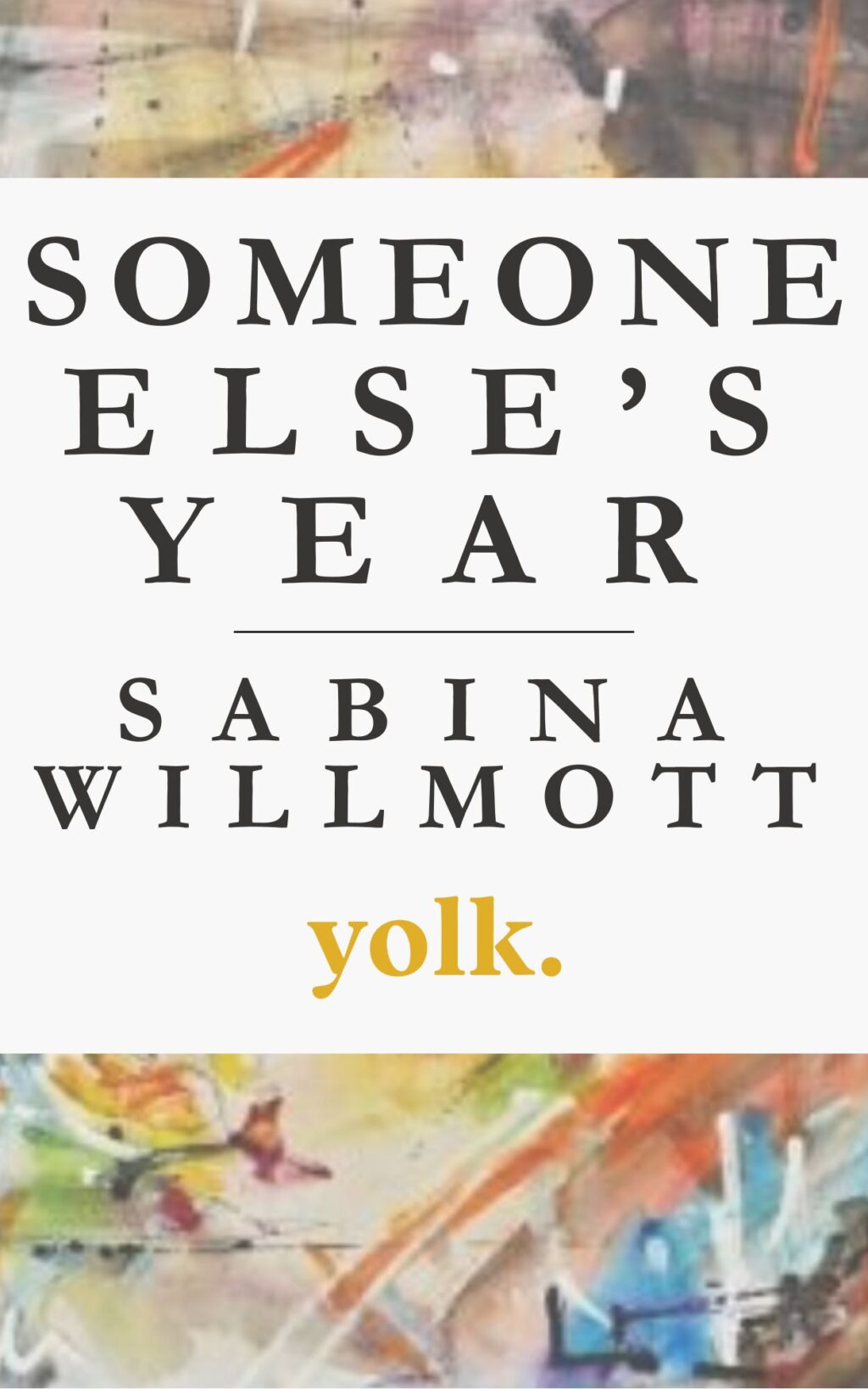When I was younger, I forced myself to read only one book at a time. I was even proud of it. I read one, put it away, took another one out — always in an orderly fashion. I still have that inclination, but life put its finger on me. After birthing and raising three children and moving my heart, possessions and family clean across the country from BC to NL in a pandemic, I’ve come to acknowledge and embrace the piles, the scribbles, the unfinished work, the grief. Actually, it’s become somewhat of a guide post for me and my creative process now. And when I say “creative process,” I mean my writing, but also the processes in my parenting, my marriage, and my friendships as well. The stacks of books indicate my comfort level with imperfection, with not getting things finished, and sometimes, not even having an end in sight. In fact, I’ve come to enjoy living in this in-between wilderness of life.
My story is ongoing — a continuation of those who came before. And my story will continue once I’m gone. My children are creating their own stories too.
So, back to my stacks of books. At my bedside I have Miranda July’s On All Fours in the stack. I presented her short story, “Doing Nothing Isn’t Enough,” about a year ago to a graduate short story class I was taking with Lisa Moore here at MUN, and researched Miranda July in-depth. She intrigued me and I didn’t know how I felt about her, which I liked. When I started seeing these online posts of women sporting DIY embroidered hats with “All Fours Group Chat” on them, I was curious enough to go pick up the book. I only just started reading this one, so I’ll have to report back. Maybe in the group chat.
I have Arts of Living on a Damaged Planet: Ghosts and Monsters of the Anthropocene there, a gorgeous book of essays compiled and edited by Anna Tsing, Nils Bubandt, Elaine Gan, and Heather Anne Swanson. I love the feel and layout of this book, and so far I’ve read the essays by Donna Haraway, Ursula K. Le Guin, and Deborah Bird Rose. I’m finding having them near, comforting — the writers discuss our current climate situation with sharp challenge and imagination. Always a good combination.
Galore by Michael Crummey is in the pile. I just finished that one. I’ve been on a real Crummey kick over this past year, having read The Adversary, The Innocents, (in the “wrong” order, but it was fine!) and The Wreckage over the past few months. My husband picked up Crummey’s book, River Thieves, for me the other day from the SPCA Thrift Store (I seem to be working backwards in Crummey’s literary chronology), so that one will probably be my next read. Galore resonates with the beautiful Magical Realist structures in Gabriel José García Márquez’ One Hundred Year of Solitude, while also carving out its own place in the conversation. The book is set squarely on the island of Newfoundland and merges the realities of rugged outport life with folklore and the supernatural. Something Crummey is very, very good at.
“Zero at the Bone: Fifty Entries Against Despair” by Christian Wiman is another book I’m reading. I picked it up because a friend of mine recommended it and I loved the title. Wiman is an American poet — and his eye for the poetic shines in all of the small pockets of prose and poetry he’s crafted in this book. It feels like a collage — full of quotes, small essays, poems, and vignettes from his intimate family life — all addressing questions of faith and how to live thoughtfully in this world. I love that I can pick it up and easily read one of these fifty entries just before bed. Anything to counter the despair.
I haven’t forgotten my poetry stack! I’m currently completing a poetry manuscript, a creative thesis for my MA in English at Memorial University in St. John’s. This is partly why my stack of poetry books travel everywhere with me. The pile can change slightly from day- to-day. Today, I have Daze Johnson’s Water/Wept (not pictured), John Thompsons’s Stilt Jack, Chantal Gibson’s How She Read, Paul Muldoon’s Moy Sand and Gravel, Liz Howard’s Letters in a Bruised Cosmos, Luke Hathaway’s The Affirmations, and Maggie Burton’s Chores (also not pictured). I have my head down writing a lot these days, and when doubting myself or needing to be reminded of poetic voice and the writing community, I dip into these beautiful works for inspiration. They each offer a wellspring of beauty and encouragement.

